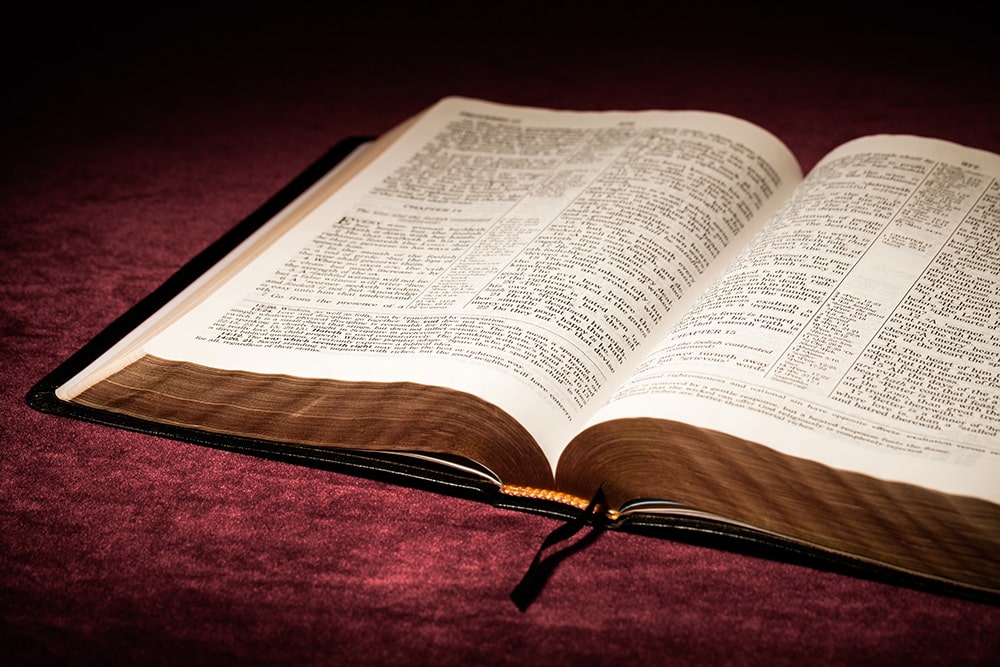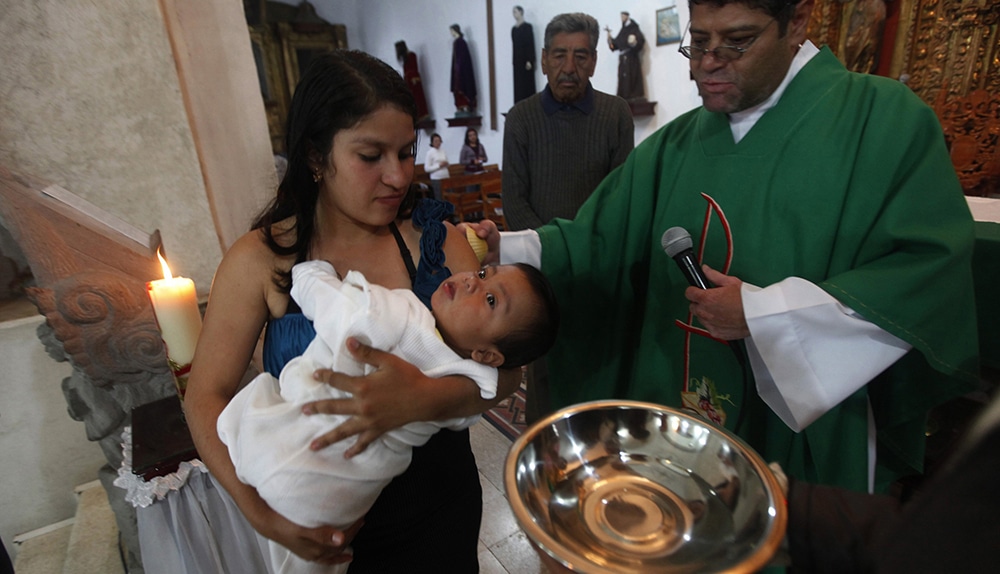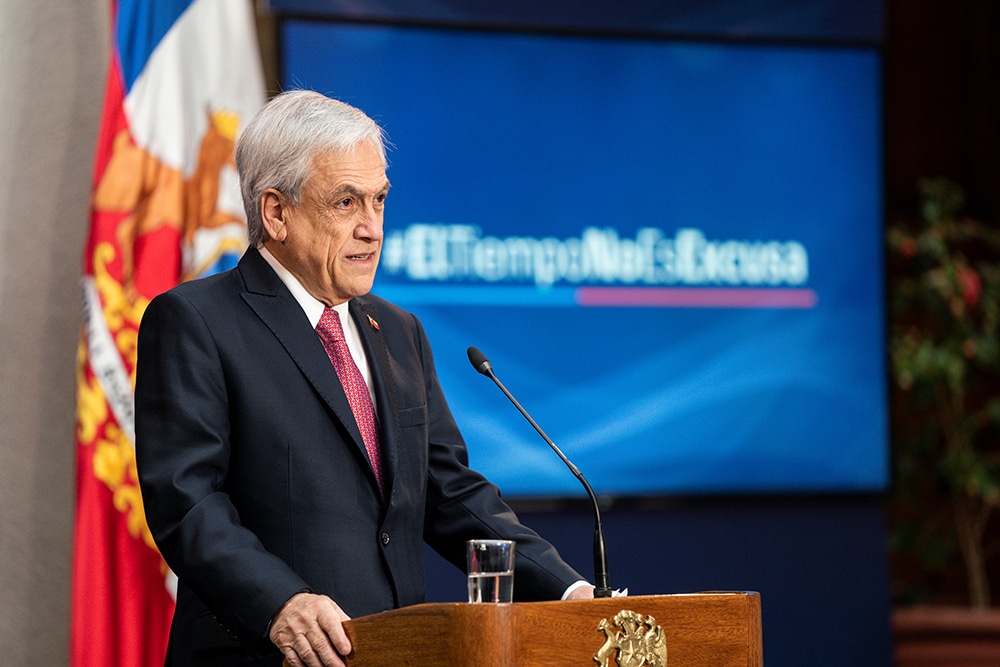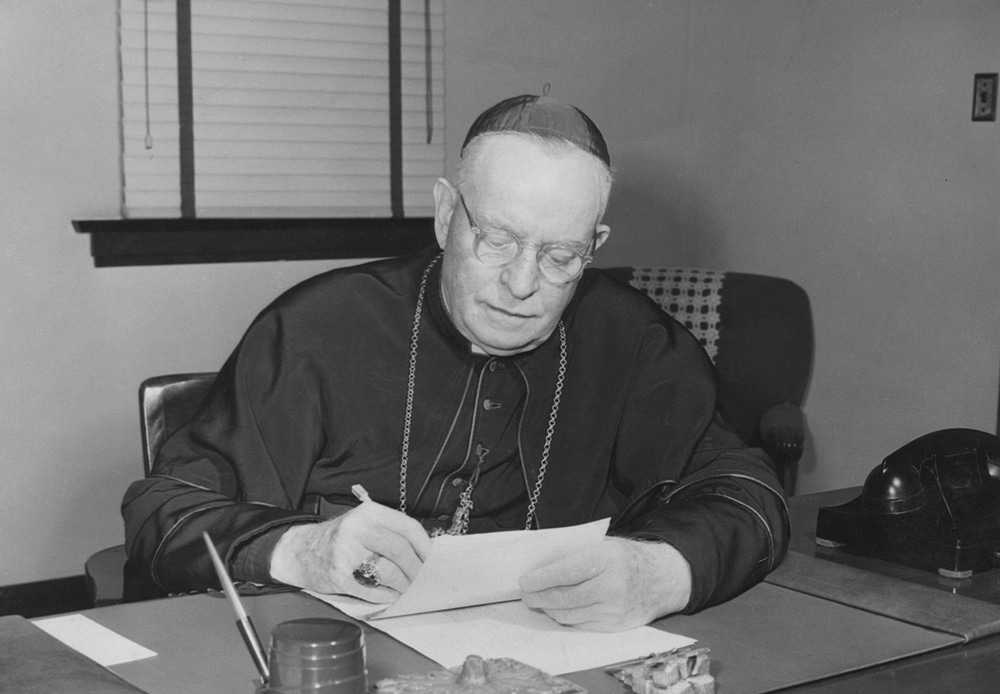 On the Third Sunday of Ordinary Time, the Church marks the Sunday of the Word of God, instituted by Pope Francis in 2019. Fittingly, this weekend, the readings of Nehemiah, Psalm 19, 1 Corinthians and the Gospel of Luke rise in an especially moving chorus regarding Scripture. In order to hear their melody and harmonies well, let’s take the readings one at a time.
On the Third Sunday of Ordinary Time, the Church marks the Sunday of the Word of God, instituted by Pope Francis in 2019. Fittingly, this weekend, the readings of Nehemiah, Psalm 19, 1 Corinthians and the Gospel of Luke rise in an especially moving chorus regarding Scripture. In order to hear their melody and harmonies well, let’s take the readings one at a time.
In the reading from Nehemiah this week, we encounter Israel as it returns home after almost 50 years of exile in Babylon. Conquered by the Babylonians in 586 B.C., Israel was taken into captivity away from their land and Temple, their cult and culture. In this scene from Nehemiah, their joy is palpable. They can publicly proclaim the word of the Lord again. And all are moved to tears by Ezra’s presentation of the Scriptures. After hearing the Scriptures, they rise up to feast and celebrate.
Yet, it was not simply Ezra’s erudition or eloquence that was moving. Rather, it was God’s very presence spoken in his words. Look again at this part of the passage: “[Ezra] opened the scroll so that all the people might see it — for he was standing higher up than any of the people –; and, as he opened it, all the people rose. Ezra blessed the Lord, the great God, and all the people, their hands raised high, answered, ‘Amen, amen!’ Then they bowed down and prostrated themselves before the Lord, their faces to the ground.”
| January 23 – Third Sunday in Ordinary Time |
|---|
|
Neh 8:2-4, 5-6, 8-10 |
As we see, the Israelites offer reverence to Scripture; they rise and bow down before it. Indeed, the passage says that they “prostrated themselves” not before the scroll per se but “before the Lord.” And Psalm 19 corroborates this understanding of God’s presence through his word: “Your words, Lord, are Spirit and life.”
We might also note that the response of the Israelites in Nehemiah is not unlike our response when hearing the Gospel read at Mass! We rise up and we cross ourselves. Candles are carried, and sometimes incense is burnt. We are familiar with such a reverent approach to God’s Word!
And so it is this reverence and awe for Scripture, for God’s living word, that sounds the first notes of our melody, sung out across the readings for today.
In Luke’s Gospel, Christ carries the melody forward. Luke tells his audience that “events” have been “fulfilled among them.” And then he begins to show them how. Christ’s public ministry was just beginning; and so, we might note, he “returned to Galilee in the power of the Spirit.” This sounds like Nehemiah! It sounds like Psalm 19!
But in Luke we see clearly that Christ teaches the Scriptures in the synagogues so well because he is that same Word proclaimed in the words of Scripture. Luke gives us a telling example because it is one of fulfillment: Christ, the Word Incarnate, teaches the beautiful passage from Isaiah as a reference to himself: “The Spirit of the Lord is upon me. … Today this Scripture passage is fulfilled in your hearing.” Christ is the very “life” of the Lord’s words, bearing the same Spirit. He is the Word, Source and Summit of all Revelation.
Dei Verbum (“Word of God”), the Church’s constitution on divine revelation, is helpful here. See how Dei Verbum reminds us of what we hear in the harmony between Nehemiah and Luke. “The Church has always venerated the divine Scriptures just as she venerates the body of the Lord … she unceasingly receives and offers to the faithful the bread of life from the table both of God’s word and of Christ’s body” (No. 21). Wow! Dei Verbum compares our reverence for Scripture with that for the Eucharist!
Indeed, the two are meant to be received together, as they are in the Mass. First, we hear God speak to us in the word, then we receive him in the sacrament.
But our reception of the Lord in the Sacrament of the Eucharist is unique. Christ’s sacrifice of love is received in the Eucharist, a gift that unites us to God. And this is where St. Paul adds to the melody: “We were all given to drink of one Spirit … now you are Christ’s body.” The Church is the Body of the Word, vivified by the Holy Spirit, and proclaiming to all the world, “Your words, Lord, are Spirit and life.”
Catherine Cavadini, Ph.D., is the assistant chair of the Department of Theology and director of the master’s in theology program at the University of Notre Dame.







